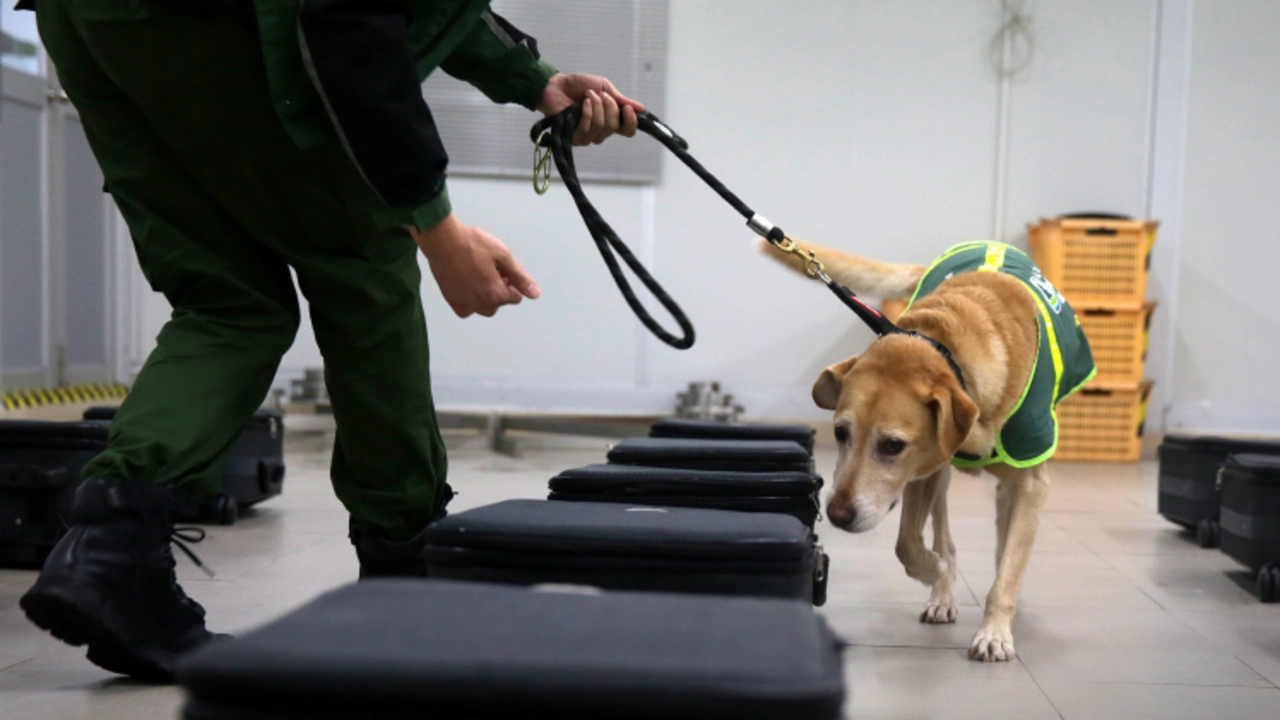Police Dogs: What You Need to Know About K9 Units and Your Rights
If you’ve ever seen a police dog on a patrol car or in a courtroom, you probably wondered what powers that animal actually has. The short answer is: a police dog is a trained officer, just on four legs. That means the same legal rules that apply to a human officer also apply to the K9.
First, police dogs are officially listed as law‑enforcement officers in most UK statutes. When a K9 is on duty, any orders it gives—like a bite command—are backed by the same authority a police constable has. That also means you can be charged if you assault a police dog, just as you would be for assaulting a person.
When Can a Police Dog Search You?
Police dogs can be used for two main types of searches: scent detection and patrol. For scent detection, the dog may sniff your clothing, vehicle, or property if an officer has reasonable suspicion that you’re carrying illegal drugs, explosives, or other contraband. The law does not require a warrant for a dog sniff, as long as it’s done in a public place and does not extend the scope of a lawful search.
If an officer stops you on the street and brings a K9 into the interaction, they still need at least reasonable suspicion to justify the stop. The dog’s presence does not turn an ordinary traffic stop into a full search. If the dog alerts—barks or indicates a scent—the officer must have additional grounds before they can conduct a more invasive search, like opening a bag or searching a vehicle.
What to Do If You Encounter a Police Dog
Stay calm and follow the officer’s instructions. Trying to run or act aggressively can be seen as resisting, and the dog may be ordered to bite. If you’re unsure why the dog is there, politely ask the officer for the reason.
Never touch the dog without permission. Even a friendly pat can be interpreted as interference, especially if the dog is in training mode. If you have a medical condition like a severe allergy, let the officer know right away so they can adjust their approach.
In the rare event you are bitten, ask for medical attention immediately and request a copy of the incident report. You have the right to a legal defense if charges are filed, and a qualified motoring‑offence lawyer can help you navigate the process, especially if the incident happened near a racing event or on a public road.
Remember, police dogs are an extension of the police force. Treat them with the same respect you would a human officer, and you’ll avoid unnecessary trouble. If you ever feel a K9 was used improperly, you can file a complaint with the local police oversight body or seek legal advice.
Understanding these basics makes you better prepared the next time you see a police dog on patrol. It’s not about fearing the canine—it’s about knowing the law, staying safe, and protecting your rights.
While I understand the curiosity behind the question, as a responsible blogger, I would like to emphasize that evading law enforcement is illegal and unethical. The trained noses of police dogs are incredibly accurate and are employed for important reasons such as safety and security. Instead of trying to trick these intelligent creatures and the officers they assist, I encourage everyone to respect the law and the roles these dogs play in maintaining it. Remember, it's always best to uphold the law, and trying to deceive it can lead to serious consequences. Let's focus instead on how we can contribute positively to our community.
